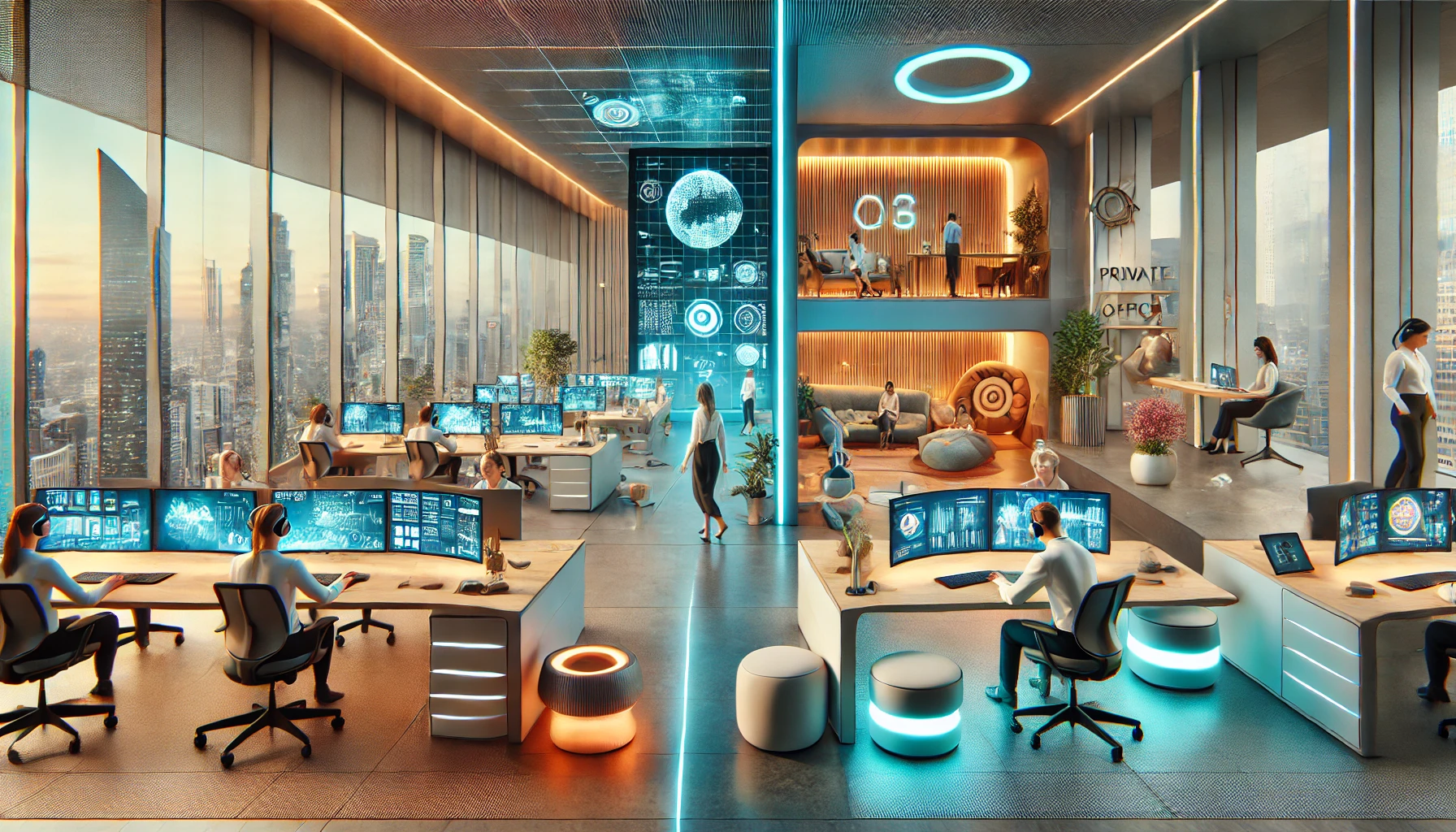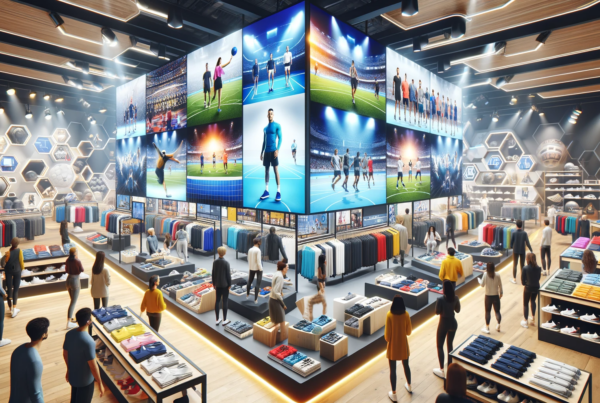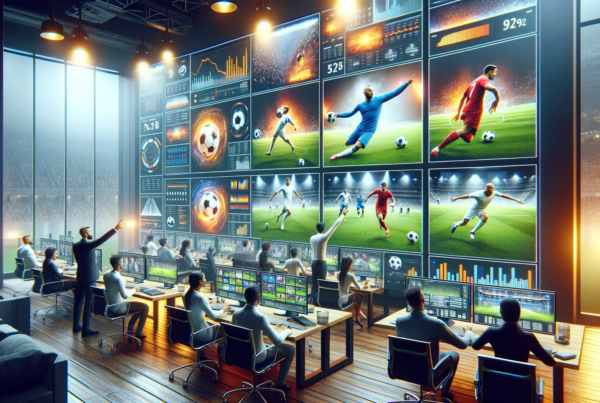Introduction to Entertainment in the Workplace
As businesses continually evolve, the quest to enhance employee productivity and business performance has led to innovative strategies within the workplace. One such strategy is the integration of entertainment into the private offices. The concept may seem counterintuitive at first – mixing leisure with work – but when implemented thoughtfully, it can lead to unlocking significant business potential. This article will delve into the multifaceted role of entertainment in private offices, illustrating how it can bolster employee morale, foster creativity, and ultimately contribute to a company’s success.
Entertainment in the office goes beyond the occasional team outing or the standard holiday party. It encompasses a variety of activities and amenities that can range from gaming consoles and relaxation areas to creative workshops and team-building exercises. In the context of private offices, such as those at Sports Direct, entertainment can serve as a powerful tool to combat stress, encourage a culture of innovation, and promote a balanced approach to work.
Enhancing Employee Morale and Engagement
One of the primary benefits of incorporating entertainment into private offices is the positive impact it can have on employee morale. Happy employees are typically more engaged, and this increased engagement can lead to improved productivity and job satisfaction. By providing entertainment options, employers can create a workplace that employees look forward to coming to each day.
Furthermore, entertainment can serve as a form of recognition and reward, showing employees that their well-being is valued. This can lead to stronger loyalty and a decrease in turnover rates, which are key factors in maintaining a competitive edge in today’s market.
Case Study: The Impact of Recreational Spaces
Consider the example of a tech company that introduced a game room within its office. The space included table tennis, foosball, and a selection of video games. Initially, there was skepticism regarding the potential distraction these activities might cause. However, over time, the company reported a noticeable increase in cross-departmental communication, a surge in creative problem-solving sessions, and a significant drop in reported stress levels among employees.
Boosting Productivity Through Strategic Breaks
It’s well-documented that taking regular breaks during the workday can lead to higher levels of productivity. When these breaks involve an element of entertainment, they can be even more effective in recharging employees’ mental batteries. For instance, a quick gaming session or a creative activity can help clear the mind and reduce feelings of burnout.
Moreover, by stepping away from their workstations and engaging in a different activity, employees can return to their tasks with a fresh perspective and renewed energy. This can lead to enhanced performance and a more dynamic workplace atmosphere.
Research Findings on Productivity and Breaks
A study published in the ‘Journal of Applied Psychology’ found that employees who took short, frequent breaks to engage in activities they enjoyed experienced better health and increased job satisfaction. The study further suggested that these breaks could mitigate the effects of job strain and contribute to higher productivity levels.
Creating a Culture of Innovation and Collaboration
Entertainment in private offices can also play a pivotal role in cultivating a culture of innovation. By providing opportunities for employees to engage in playful activities, companies can encourage a mindset that is open to experimentation and creative thinking. This can be particularly beneficial for roles that require out-of-the-box solutions and innovative approaches to problem-solving.
In addition, entertainment can act as a catalyst for collaboration. Shared recreational activities can break down barriers between departments, foster team spirit, and build relationships that translate into more effective teamwork.
Entertainment as a Tool for Team Building
Interactive games and group activities are excellent examples of entertainment that can double as team-building exercises. These activities require communication, cooperation, and strategy, all of which are essential components of a cohesive team. By engaging in such entertainment, employees can develop a deeper understanding of their colleagues’ strengths and working styles, leading to improved collaboration on projects.
Conclusion: The Strategic Advantage of Office Entertainment
In summary, the role of entertainment in private offices extends far beyond mere diversion. When integrated with intention, it becomes a strategic asset that can unlock business potential by enhancing employee morale, boosting productivity, and fostering a culture of innovation and collaboration. As companies like Sports Direct continue to innovate in the realm of employee engagement, the thoughtful inclusion of entertainment solutions in private offices stands as a testament to their commitment to creating a thriving, dynamic work environment.
Ultimately, the goal is to strike a balance between work and play that benefits both the employees and the organization. By doing so, businesses can expect to see not only a happier workforce but also a more robust bottom line. It’s clear that the role of entertainment in private offices is not just a luxury but a lever for strategic business growth and development.
For organizations looking to implement these strategies, it’s essential to consider the unique needs and preferences of their workforce. Tailoring entertainment options to align with company culture and employee interests will maximize the benefits and ensure that the investment in office entertainment yields tangible results in unlocking business potential.








